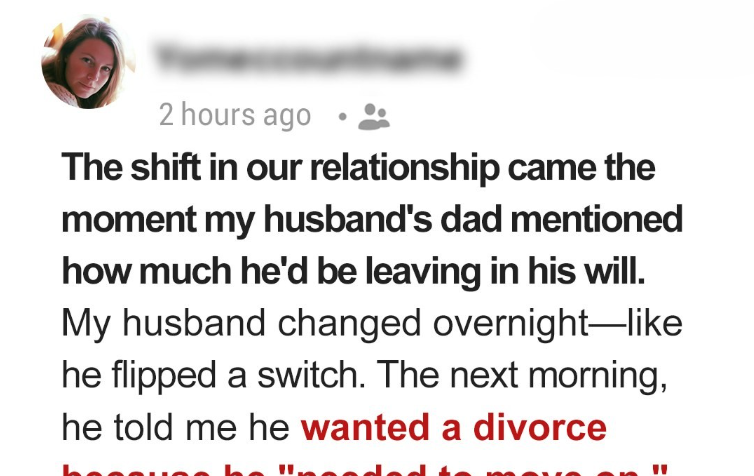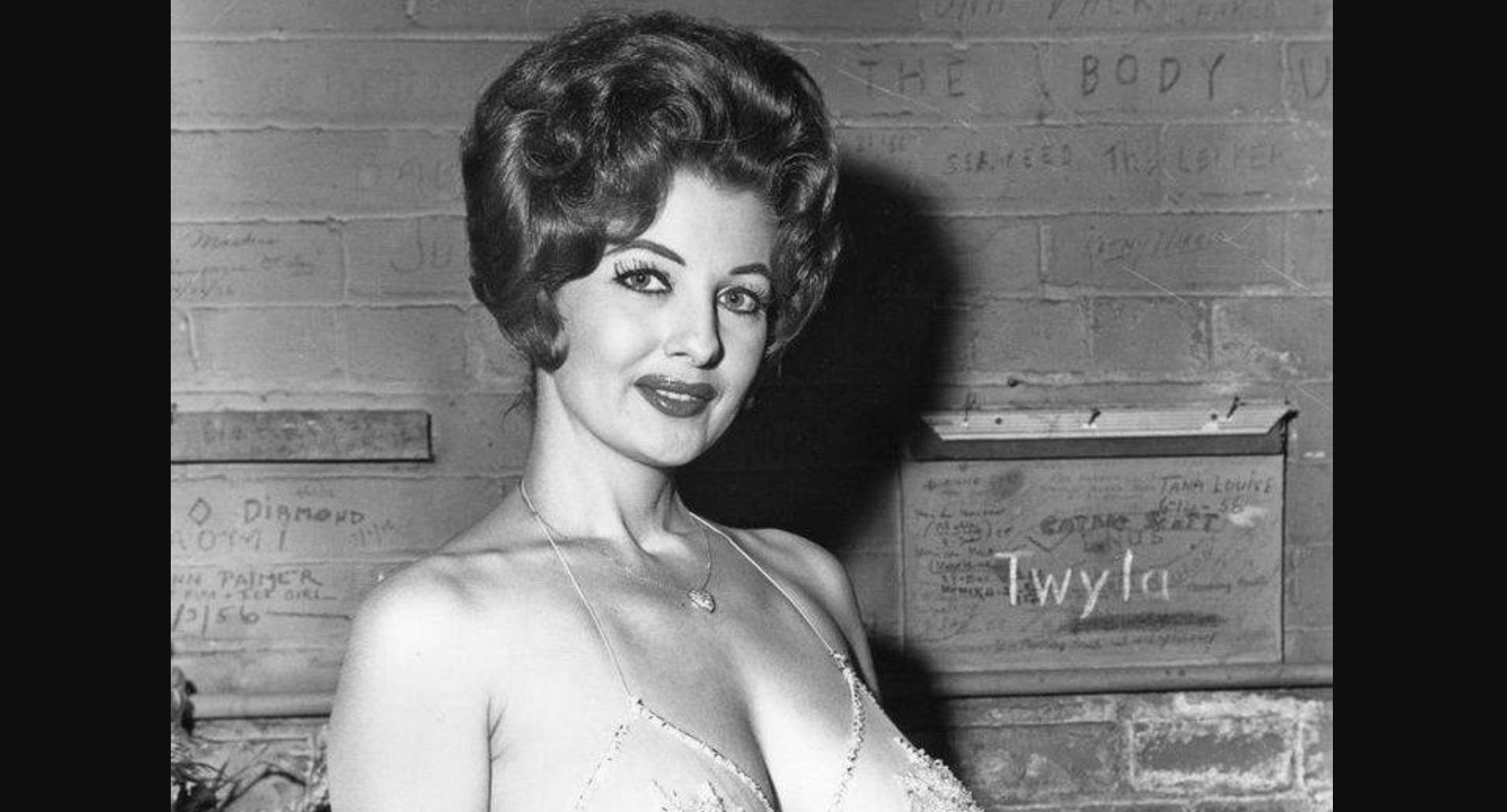When Wren’s husband, Ken, discovered his father’s substantial inheritance, she envisioned a brighter future for their family. She pictured clearing their debts, establishing a college fund for their daughter Quinn, and perhaps embarking on a long-dreamed-of vacation. However, the following morning, Ken placed divorce papers on the kitchen table without offering any reasons. He mentioned a desire to “discover himself,” and within weeks, their marriage was officially dissolved.
Wren, though devastated, devoted herself to nurturing Quinn. A month later, an unexpected call came from her late father-in-law’s attorney. The entire inheritance — a sum of $500,000 — was bequeathed to Wren, not Ken. Richard, her father-in-law, had confidence in Wren’s ability to manage the funds prudently, ensuring a secure future for Quinn. Ken, who had departed expecting to receive the fortune, remained unaware of this decision.
Wren chose not to inform him. Instead, she thoughtfully applied the inheritance to transform her life. She settled the mortgage, repaired the family car, created a savings account for Quinn’s future, and enrolled in evening courses to pursue her passion for psychology, a dream she had long set aside. When Ken sent a brief email requesting a conversation, Wren opted not to respond. She found she no longer sought his validation or closure.
One night, Quinn shared, “Our home feels so much better now. It’s full of joy.” Wren recognized the truth in her daughter’s words. Over time, the quiet in their house became serene rather than hollow. Wren came to understand that true family is built on love, dependability, and being there for one another. The inheritance represented more than financial security; it marked the beginning of a new chapter. Wren and Quinn had crafted a vibrant, fulfilling life together, entirely on their own terms.









